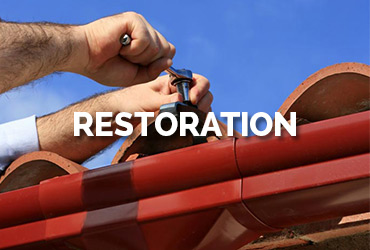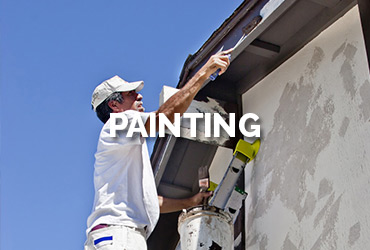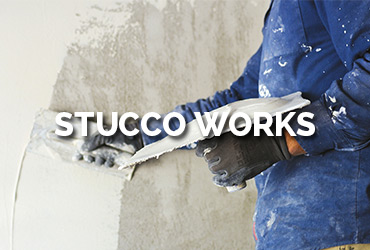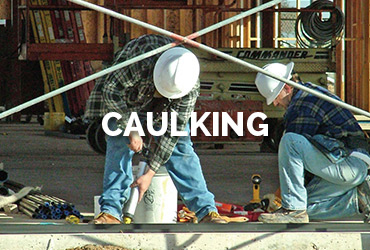We all know the importance of waterproofing basement walls. As they are below ground, they are obviously more susceptible to water penetration, but what about the part of the structure that is above ground? Above-grade waterproofing is very different from below-grade, but it is a vital step in the construction process to maintain the appearance and structural integrity of the building. The materials used for above-grade waterproofing must be breathable, UV resistant, and corrosion resistant, all traits that are unnecessary for below-grade waterproofing.
Breathability is important for above-grade waterproofing. Water must be prevented from penetrating inward, but at the same time water vapor inside the wall must be able to get out. If the water vapor is unable to escape, it can cause the waterproofing material to peel, wooden structures to mold and rot, steel structures to rust, and concrete structures to become damaged by spalling. If left unattended to, such buildings can become structurally compromised.
While below-grade waterproofing gets backfilled and buried, effectively hiding it from the sun, above-grade waterproofing must be UV resistant. The sun’s rays are powerful, and they will degrade non-resistant material. Below-grade waterproofing is also not exposed to the sort of abrasion and corrosion that above-grade waterproofing must resist on a daily basis. Horizontal surfaces that see a lot of foot traffic such as decks and balconies must have corrosion resistant waterproofing. Here in Florida, we are no strangers to salt corrosion, and our homes and commercial buildings need to be protected.
Make sure your building is protected from moisture with the right waterproofing material! A1 Roofing & Waterproofing, LLC is one of the leading waterproofing contractors in Miami. Contact us today for a speedy fast quote!






